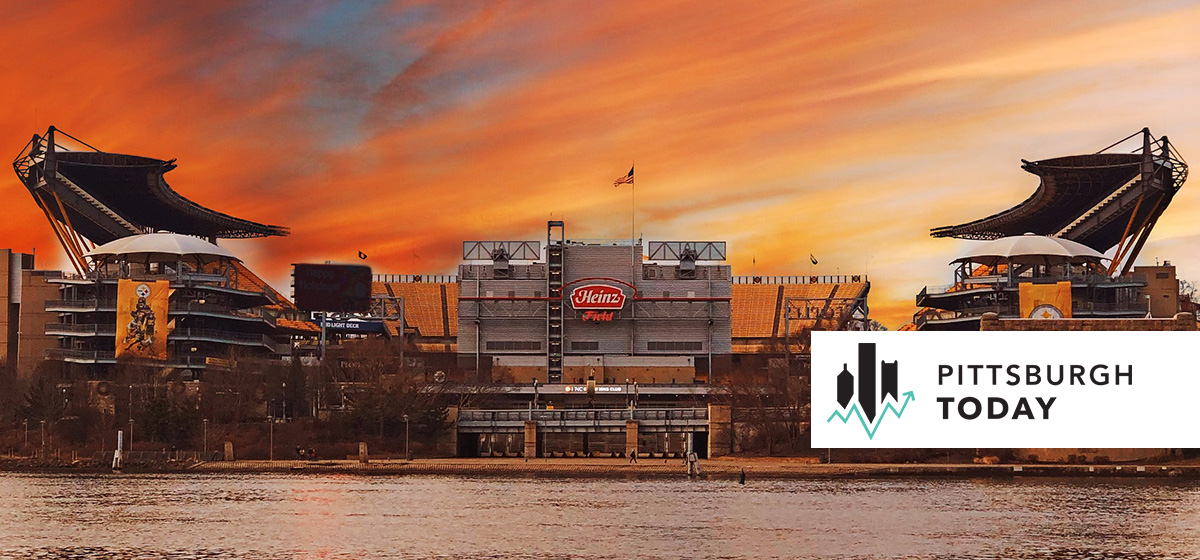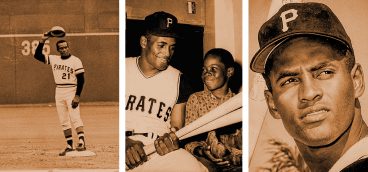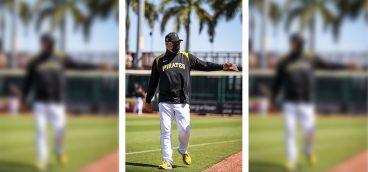Empty and Ailing, Pittsburgh Stadiums Seek Money

With the pandemic keeping fans at home, Pittsburgh’s major sports teams are facing significant revenue declines for the year. However, to varying degrees, merchandise and media revenues are softening the blow.
Their landlord—The Sport and Exhibition Authority (SEA)—is not as fortunate.
The SEA is the city-county authority that owns PPG Paints Arena, PNC Park and Heinz Field, as well as the Lower Hill Redevelopment site, David L. Lawrence Convention Center and Riverfront Plaza, the North Shore Riverfront Park, and several parking garages.
How much the pandemic has damaged SEA revenue is unclear; it hasn’t estimated its annual losses yet. But its revenue comes mainly from surcharges on tickets for live events, leases from the city’s pro sports teams and parking income.
Attendance and parking revenue has plummeted. The $800,000 that the SEA typically receives annually from the Regional Asset District sales tax also is expected to decline this year. And SEA revenues already were $400,000 lower last year from the $29.8 million in 2018.
To offset the expected losses and fund projects, the SEA has requested $7.4 million from the Commonwealth Redevelopment Assistance Capital Program and $6.1 million from the U.S. Economic Development Administration. The $13.5 million is for pandemic-related modifications, such as reconstruction of gate and retail areas at the stadiums and convention center to allow greater social distancing, enhancements to allow touchless transactions for food and merchandise and new air filtration systems.
Such requests, however, have rekindled long-standing debates about whether public money should finance arenas that largely benefit private companies—especially at a time when municipalities across the state and country face extreme financial duress.
“We’ve made the point many, many times that there are a lot more responsibilities that the teams should be shouldering in terms of repairs and maintenance of the stadiums themselves,” said Eric Montarti, research director of the Allegheny Institute for Public Policy.
The SEA funded the construction of the stadiums through state and federal development funds, local taxes and other sources. Under the SEA’s lease agreements with the teams, SEA is responsible for larger capital repairs and improvements, and the teams are responsible for routine maintenance and daily operations at the facilities.
“The safe reopening of these major public destination facilities is important to help ensure the economic recovery for the City of Pittsburgh, Allegheny County and the Commonwealth of Pennsylvania,” said SEA Executive Director Mary Conturo.
Such a safe reopening, however, is a moving target. The NFL has no official COVID attendance policy. The Steelers are hosting a limited number of fans for home games at Heinz field. The NHL and MLB have not announced their attendance policies for their next seasons, although the Penguins said in September that they would finance a number of COVID-related capital improvements around PPG Paints Arena, including installing mobile ordering and self-checkout technology at food and retail areas.
The Steelers, Pirates and Penguins did not respond to questions about their finances. But according to Forbes magazine, the Steelers generated $457 million in revenue during 2019, including $72 million in Heinz Field ticket sales. The Pirates revenue of $273 million included $44 million in PNC Park gate revenue. The Penguins’ $184 million in revenue included $76 million at the gate.
How much the teams contribute to the local economy is a matter of debate.
In 2018, the teams commissioned a study claiming they contribute more than $50 million a year in city, county and state taxes.
The Pittsburgh Downtown Partnership estimated that the two-game 2018 playoff series between the Penguins and Capitals at PPG Paints Area alone generated $4.4 million in local food, hotel, beverage and merchandise sales.
A 2015 audit by the Pittsburgh City Controller reported that the teams contribute about $21.4 million per year in income tax, parking tax, amusement tax, payroll expense tax and local service tax revenue and facility usage fees.
In a typical year, the authority said, it spends an average of $1.1 million to maintain Heinz Field, $944,333 for PNC Park and $119,207 for PPG Paints arena.
Asked if the SEA’s tenants should pay for the proposed renovations rather than taxpayers, Conturo said “the Authority is careful to comply with and meet its obligations under the leases. The Authority is also diligent about considering opportunities to renegotiate certain provisions, including with respect to contributions toward and responsibilities for capital costs. Any such renegotiation, of course, requires the agreement of both parties.”
The teams could end up paying for some of the pandemic upgrades. If one of the state grants the SEA is pursuing falls through, for example, the teams would cover the shortfall if the COVID upgrades move forward, Conturo said.
The Pirates and Penguins did not respond to requests for comment.
“We have invested a significant amount of money to Heinz Field since it opened 20 years ago,” said Burt Lauten, director of communications for the Steelers. “We have a public/private partnership with the SEA, and both sides have responsibilities to uphold it as it relates to maintaining Heinz Field. We believe we have more than lived up to our end of the agreement.”





